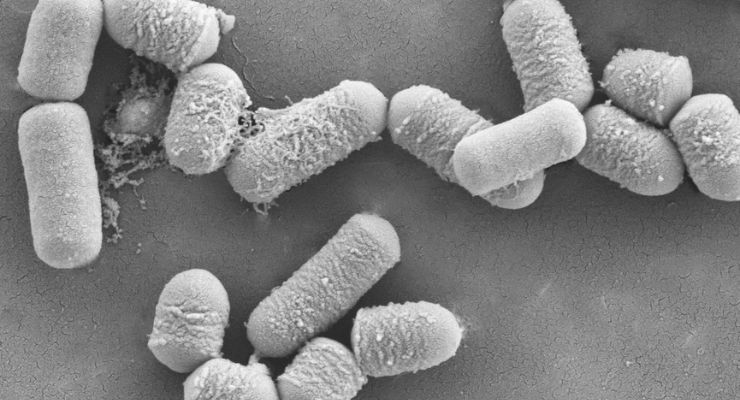Market Updates, Research
Study Shines Light on Cholesterol-Reducing Mechanism of Probiotic Blend
Kaneka’s AB-Life significantly reduced non-HDL cholesterol by changing bile salt metabolism in the gut, a new human clinical trial found.

By: Mike Montemarano

A new study published in Cardiovascular Research has highlighted the potential mechanism of action by which a blend of probiotic strains marketed as AB-Life by Kaneka Probiotics may help to support healthy levels of cholesterol.
The blend of strains, Lactiplantibacillus plantarum KABP 011, KABP 012, and KABP 013, has previously been evidenced in human clinical studies to reduce cholesterol levels. Most recently, in 2023, a team of independent German investigators found that 12 weeks of treatment was associated with significant reductions in cholesterol levels in people with hypercholesteremia.
The present study is the first of its kind to demonstrate a probiotic’s impact on both LDL particle size and apolipoproteins, which are relevant markers of atherosclerosis, demonstrating a protective effect in healthy patients. The study highlighted potential mechanisms through which these effects were achieved, such as modulating bile acid serum pool, and regulating circulating lipoproteins.
Study Details
Because AB-Life has previously been evidenced to lower total cholesterol levels in patients with mild to high hypercholesteremia, and because in vitro studies suggest it has high bile salt hydrolase activity compared to other strains, researchers wanted to see if the same effect on bile salts was observed in humans, and whether or not this was associated with cholesterol changes.
The study, led by cardiometabolic health expert Lina Badimon, a professor and the director of the cardiovascular science program at the IR-Hospital Santa Creu and San Pau, Barcelona, investigated effects of four weeks of treatment with AB-Life in escalating doses on 20 healthy yet overweight individuals.
Participants experienced a reduction of cholesterol levels compared to baseline, which reached clinical significance for non-HDL cholesterol.
There was an increase in bile acid deconjugation in the gut leading to reduced intestinal reabsorption. Bile salts are synthesized in the liver from cholesterol, and the elimination of bile salts results in a higher mobilization of cholesterol stores to replace them, which in turn reduces plasma cholesterol levels.
There was also a reduction in two apolipoproteins in plasma, and decreased small-LDL levels, which are linked to a higher risk of atheroma plaque formation. One of the apolipoproteins which was reduced, ApoB, may be an even more accurate marker of cardiovascular risk than measures of LDL cholesterol, emerging evidence suggests.
There was also a reduction in LDL susceptibility to oxidation, which is a hallmark of atherosclerosis development and increased HDL antioxidant capacity after probiotic intake, which may enhance the protective properties of HDL cholesterol. This protective effect was strong enough to reduce the need for pharmacological intervention to control dyslipidemia, according to the authors.
Finally, there was a noted impact on gut microbiota composition.
The probiotic strains, in combination, regulate lipid metabolism and support cholesterol excretion by acting on several metabolites including bile sales, aligning with a pattern of protection against atherosclerosis, the authors concluded.
“Cardiovascular diseases remain a leading cause of mortality worldwide, underscoring the urgency for effective interventions. As frontrunners in the biotics space, we understand the promise of carefully selected beneficial bacteria, and continue to leverage our scientific expertise to address critical health challenges,” said Jordi Espadaler, innovation director at AB-Biotics. “This research represents yet another stride forward in the biotics space. Not only does it provide clear evidence of the mechanisms of action underpinning AB-Life, indiciating this probiotic formulation could be instrumental in controlling metabolic processes relevant to atherosclerosis, but it also demonstrates the potential of biotics developed via a precision approach, selected for their strain-specific benefits.”


